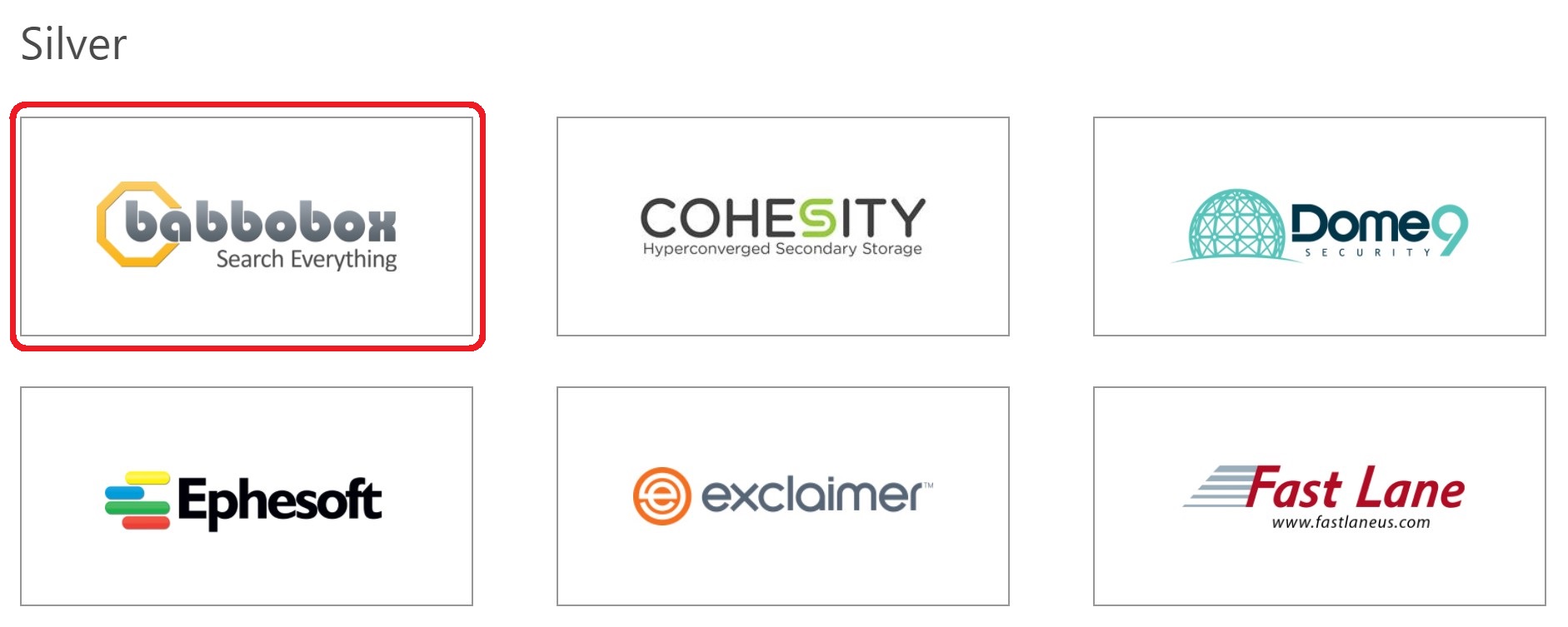Birmingham, 24 January 2018: - Babbobox and Infini Videos officially announce the launch of the world’s first “Video Search Engine with Interactive Results” at the Microsoft Tech Summit held in Birmingham, United Kingdom today.
Both tech start-ups Babbobox and Infini Videos believe the future of video search lies in immediate content relevance. Video has proven to be the hardest medium to index because there is so much detail. Aside from the metadata that an editor may have typed in, most archived videos are essentially unstructured data. Often, this is because transcripts are not made and scripts are lost, or there isn’t sufficient timing information to align with the video.
To make sense of this data, techniques such as Speech Recognition, Video OCR, Image analysis and various Cognitive and Artificial Intelligence are applied to extract data from media. Since much of the videos in archives contains speech, therefore automatic transcription is a great first step in extracting data from media. With the transcript, an editor is able to search for timecodes in source videos, scrub through those sources, and manually locate viable scenes. This manual process is time-consuming, and not suitable for public use since a text search result does not make for a watchable video.
The innovative “Video Search Engine with Interactive Results” that Babbobox and Infini Videos have co-produced, allows a user to search a topic, and immediately view the search results as an interactive video. One is able to immediately choose scenes within the video that are relevant to the search. With the full-automation of the indexing and the output scene selection, productivity is enhanced and content for the public will scale up. The platform promises increased productivity as it will provide users with fine control over topics and sources, and allow editors to focus on the direction of the stories.
Babbobox and Infini Videos believe that this will be the future of Video Search.
About Babbobox (website: www.babbobox.com)
Babbobox launched two World’s First - World’s First True Unified Search Engine where it has the ability to index and “Search Everything” (all formats including video, audio and documents). Thus, positioning Babbobox to become "The Next Generation of Intelligent Storage". With VideoSpace, we created the World’s Frist Video-Search-as-a-Service. Thus, forming the foundations to enable a new breed of video services for the world.
About Infini Videos (website: www.infinivideos.com)
Infini Videos is a B2B online technology platform for the creation and delivery of HTML5 interactive videos. Infini Videos makes it easy to create engaging interactive videos as well as to access the rich data analytics offered on the platform. The company currently offers branching aka “Choose-your-own-adventure” and 360-degree types of interactivity. In addition to the technology platform, the company also provides specialized creative services as a one-stop solution for clients. Infini Videos is part of the Mediacorp’s MediaPreneur Incubator programme.
To find out more, please CONTACT US












